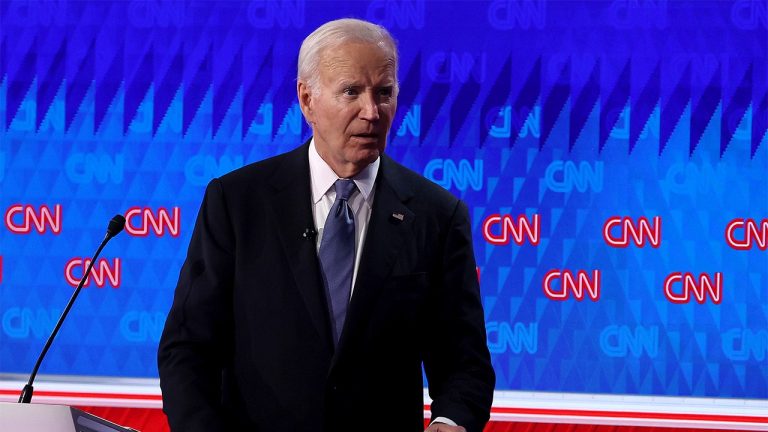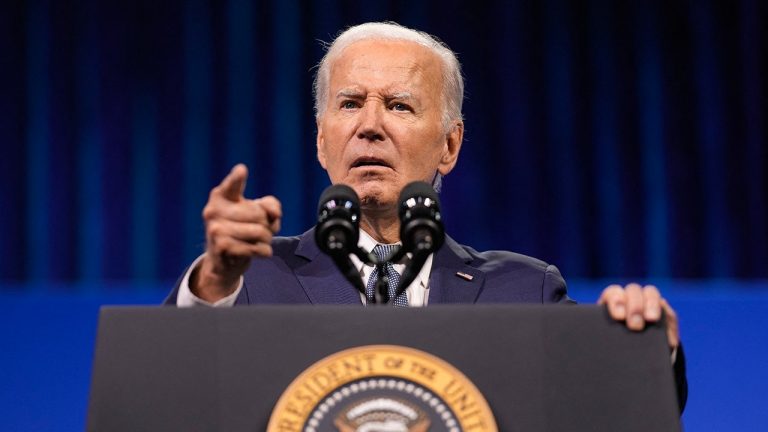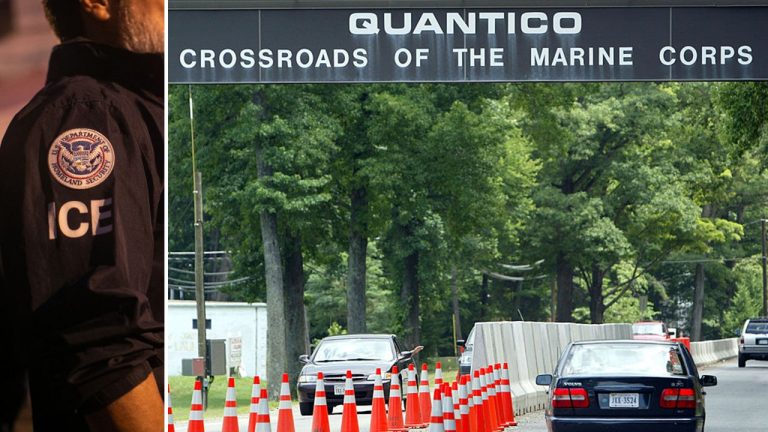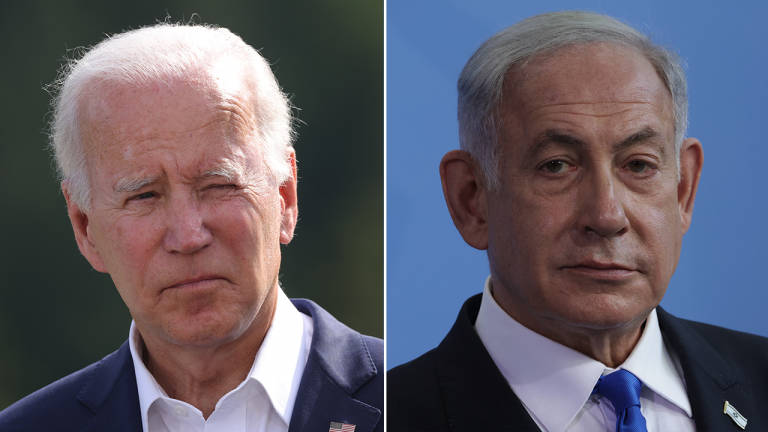Biden administration stops sending bullets to Israel: report
The Biden administration has recently made a significant decision to put a hold on a shipment of U.S.-manufactured ammunition to Israel, marking the first time such action has been taken since the deadly Oct. 7 Hamas terror attack. This move has sparked intrigue and concern within the Israeli government, as officials scramble to understand the reasoning behind this unexpected halt.
Two Israeli officials revealed to Axios that the weapons shipment was stopped abruptly last week, leaving many puzzled as to the implications and potential consequences of this decision. The sudden disruption in the flow of ammunition has raised eyebrows and prompted questions about the future of U.S.-Israel relations.
It is important to note that the United States has been a strong and consistent ally of Israel, providing billions of dollars in security assistance and emergency aid following the October 7 attacks. The U.S. has also taken a leading role in defending Israel against Iranian threats and has pledged to continue supporting Israel in its efforts to defend itself against external dangers.
Despite this longstanding partnership, tensions have emerged between the Biden administration and the Israeli government over the handling of the ongoing conflict in Gaza. Israeli Prime Minister Benjamin Netanyahu has expressed a firm determination to conduct a military operation in Rafah, a city in southern Gaza where Hamas militants are concentrated.
The prospect of a potential military incursion into Rafah has raised concerns among Western officials, including President Biden, who have warned of the risks of civilian casualties and the exacerbation of the humanitarian crisis in the region. The Biden administration has made it clear that there could be repercussions for Israel if it proceeds with the operation without adequate measures to protect civilians.
Interestingly, President Biden has come under criticism from segments of the American population who oppose his stance on Israel. This dissent has been particularly visible in the form of protests on college campuses nationwide, reflecting a growing divide over U.S. foreign policy in the Middle East.
Prime Minister Netanyahu, on the other hand, has tempered expectations for a potential ceasefire agreement with Hamas, indicating a willingness to continue military operations in pursuit of national security objectives. The complex dynamics of the conflict in Gaza continue to unfold, with no clear resolution in sight.
In conclusion, the recent developments in U.S.-Israel relations and the escalating tensions in Gaza underscore the challenges of navigating geopolitical alliances and addressing complex security threats in the region. The delicate balance between strategic interests, humanitarian concerns, and political considerations will shape the path forward for all parties involved in this ongoing conflict.








